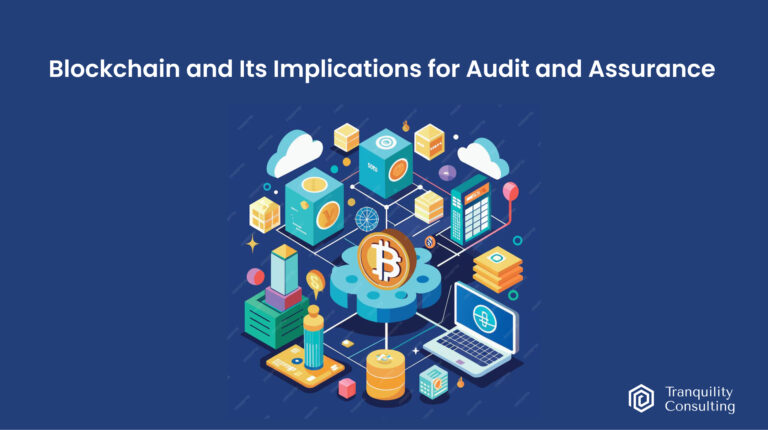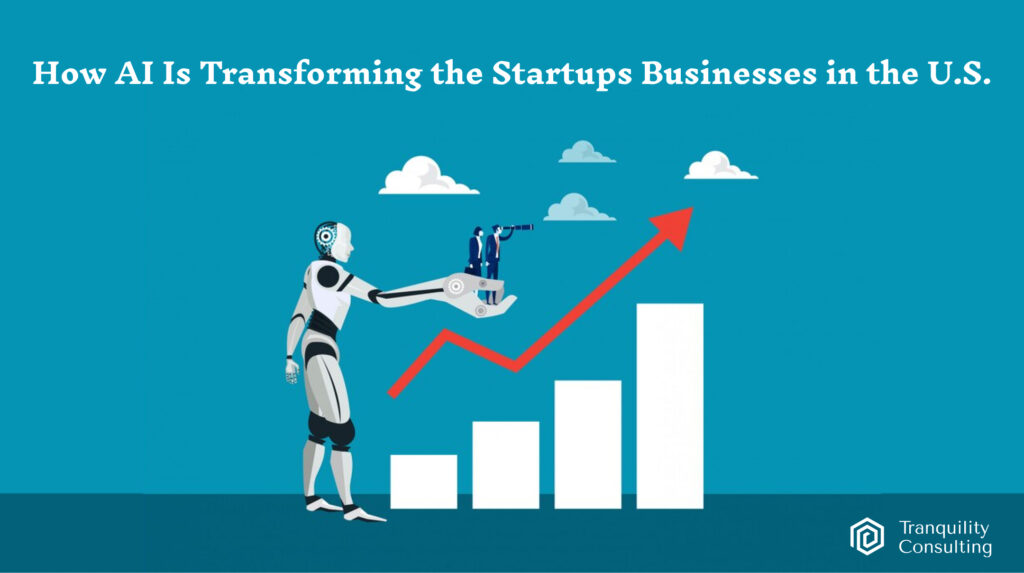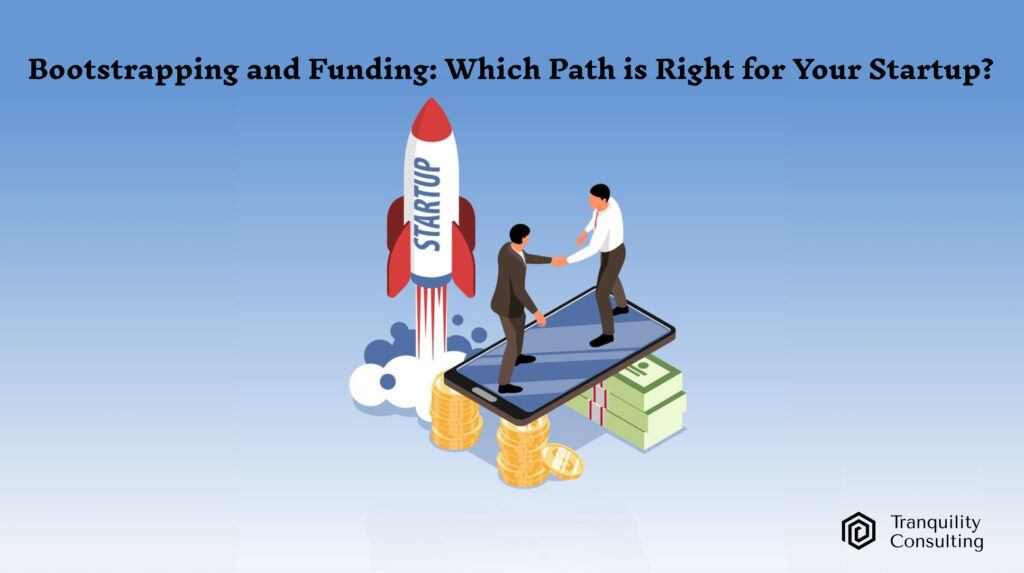Blockchain technology has surfaced as a ground-breaking invention with the potential to completely transform a wide range of sectors in today’s quickly changing digital landscape. It is a decentralized, distributed ledger system that records transactions across multiple computers, ensuring that the data cannot be altered without altering all subsequent blocks. Blockchain’s relevance is growing in many areas, particularly in modern business, due to its ability to provide enhanced security, transparency, and immutability of records. As industries embrace blockchain, its impact on audit and assurance has been a game-changer, offering new ways to improve trust, efficiency, and accuracy in financial reporting.
This blog will explore how blockchain affects audit and assurance, providing real-time insights, improving data integrity, and reducing manual intervention. The thesis of this post revolves around the idea that blockchain is transforming audit and assurance by creating more automated, transparent, and secure processes.
Understanding Blockchain Technology
Blockchain is a digital ledger technology that stores data in blocks linked in a chain. Each block contains transaction data, and once a block is complete, it is cryptographically sealed and connected to the previous block. This process ensures that no data can be altered retrospectively, fostering trust and transparency.
How Blockchain Works
Blockchain operates by distributing a decentralized ledger across a network of nodes (computers). Each node has a copy of the entire ledger, and when a new transaction is initiated, all nodes must validate and agree on the transaction before it is added to the blockchain. This consensus mechanism can vary, commonly being Proof of Work (PoW) and Proof of Stake (PoS).
Types of Blockchain
Blockchain can be classified into three main types:
- Public blockchain: Open to anyone and highly decentralized (e.g., Bitcoin, Ethereum).
- Private blockchain: Restricted access, often used by organizations for specific use cases.
- Consortium blockchain: A hybrid model where a group of organizations governs the network.
Each type offers unique advantages for different industries, including audit and assurance, which can benefit from increased transparency and security.
Current State of Audit and Assurance
The audit process has been manual, time-consuming, and subject to human error. Auditors review financial statements, transactions, and other relevant data to ensure the accuracy and completeness of financial records. However, this system has significant limitations, including reliance on sampling techniques, delays in data access, and vulnerability to fraud and misreporting.
Challenges in Conventional Auditing
- Manual processes lead to inefficiencies and delays.
- Sampling rather than full-data review introduces risks of missing anomalies.
- Human error and manipulation remain significant challenges.
- Fraud detection is often reactive rather than proactive.
- Need for Innovation: As businesses become increasingly digital, there is a rising demand for more advanced auditing methods to handle real-time data, ensure data integrity, and automate labor-intensive processes. This is where blockchain emerges as a disruptive force.
- Blockchain’s Impact on Auditing: Blockchain’s impact on auditing is profound. With a real-time auditing capability, blockchain enables continuous monitoring of transactions, allowing auditors to check data as it is recorded rather than waiting for periodic reports.
- Real-Time Auditing Capabilities: Blockchain’s distributed ledger allows auditors to access real-time, immutable data, reducing the time it takes to conduct audits and improving the overall efficiency of the process. This means transactions can be audited as they occur, which redone the time lag associated with traditional auditing processes.
- Data Integrity and Transparency: Data recorded on a blockchain is immutable, meaning it cannot be altered once entered. This feature of blockchain ensures the accuracy and reliability of the data, providing auditors with a trusted source of truth. Additionally, the transparency of blockchain allows all parties involved in the audit process to view and verify the data simultaneously, reducing the chances of discrepancies.
- Automated Audit Trails: Blockchain inherently generates automated audit trails, making it easier for auditors to trace transactions and verify their accuracy. This level of automation reduces auditors’ workload and ensures that all transactions are fully documented and easily accessible for review.
Challenges of Implementing Blockchain in Audit and Assurance
- Technical Complexities and Implementation Hurdles: While revolutionary, blockchain technology is still relatively complex. Integrating blockchain into existing audit processes requires technical expertise and resources, which may pose challenges for companies that need to be technologically advanced.
- Regulatory and Compliance Issues: The adoption of blockchain in audit processes also raises regulatory concerns. Currently, there are no universal standards or regulations governing the use of blockchain for auditing purposes. As such, businesses must navigate a complex regulatory environment while ensuring compliance with existing financial and auditing standards.
- Privacy Concerns and Data Protection: Blockchain’s transparency, while a benefit in many ways, can also pose challenges regarding data privacy. Ensuring that sensitive financial data is protected while using blockchain for auditing purposes is crucial for businesses and auditors.
- Future of Blockchain in Audit and Assurance: The future of blockchain in audit and assurance looks promising, with several emerging trends and technologies poised to advance the industry.
- Emerging Trends and Technologies: As blockchain continues to evolve, new applications and use cases in audit and assurance are emerging. For example, blockchain is being integrated with other cutting-edge technologies like artificial intelligence (AI) and machine learning to enhance audit capabilities further.
- Potential for Smart Contract Audits: Smart contracts are self-executing contracts with the terms directly written into code. Powered by blockchain, these contracts can automate the audit process by verifying compliance with contractual terms, ensuring real-time monitoring, and flagging anomalies.
- Integration with AI and Machine Learning: Integrating blockchain with AI and machine learning can create intelligent auditing systems that automatically analyze transaction patterns, detect anomalies, and provide real-time reports to auditors, making the audit process more proactive and data-driven.
Conclusion
Blockchain technology holds immense potential for transforming audit and assurance processes by providing real-time auditing capabilities, improving data transparency, and enhancing fraud detection. While its adoption has challenges, such as regulatory and privacy concerns, the benefits far outweigh the hurdles. The future of blockchain in audit and assurance is exciting, with the potential for further innovations, including smart contract audits and integration with AI. As businesses continue to explore new ways to improve trust and efficiency in their financial reporting, blockchain stands out as a promising solution that will shape the future of the audit and assurance industry.
FAQs
- What is blockchain, and how does it impact auditing?
- Blockchain is a decentralized digital ledger that enhances real-time auditing, data accuracy, and fraud prevention in audits.
- What are the benefits of using blockchain in audit and assurance?
- Blockchain increases efficiency, provides transparent and immutable data, and enhances fraud detection capabilities in auditing.
- How does blockchain improve data integrity in audits?
- Blockchain’s immutable records ensure that it cannot be altered once data is entered, leading to reliable and transparent audit trails.
- What challenges come with integrating blockchain into auditing?
- Key challenges include technical complexities, regulatory issues, and ensuring data privacy in a blockchain-based audit system.
- Can blockchain be integrated with AI for auditing purposes?
- Yes, blockchain can be integrated with AI to create intelligent systems that automatically analyze transaction patterns and detect real-time anomalies.
If you have any questions or need business-related tax consulting advice, please contact us at: [email protected]





